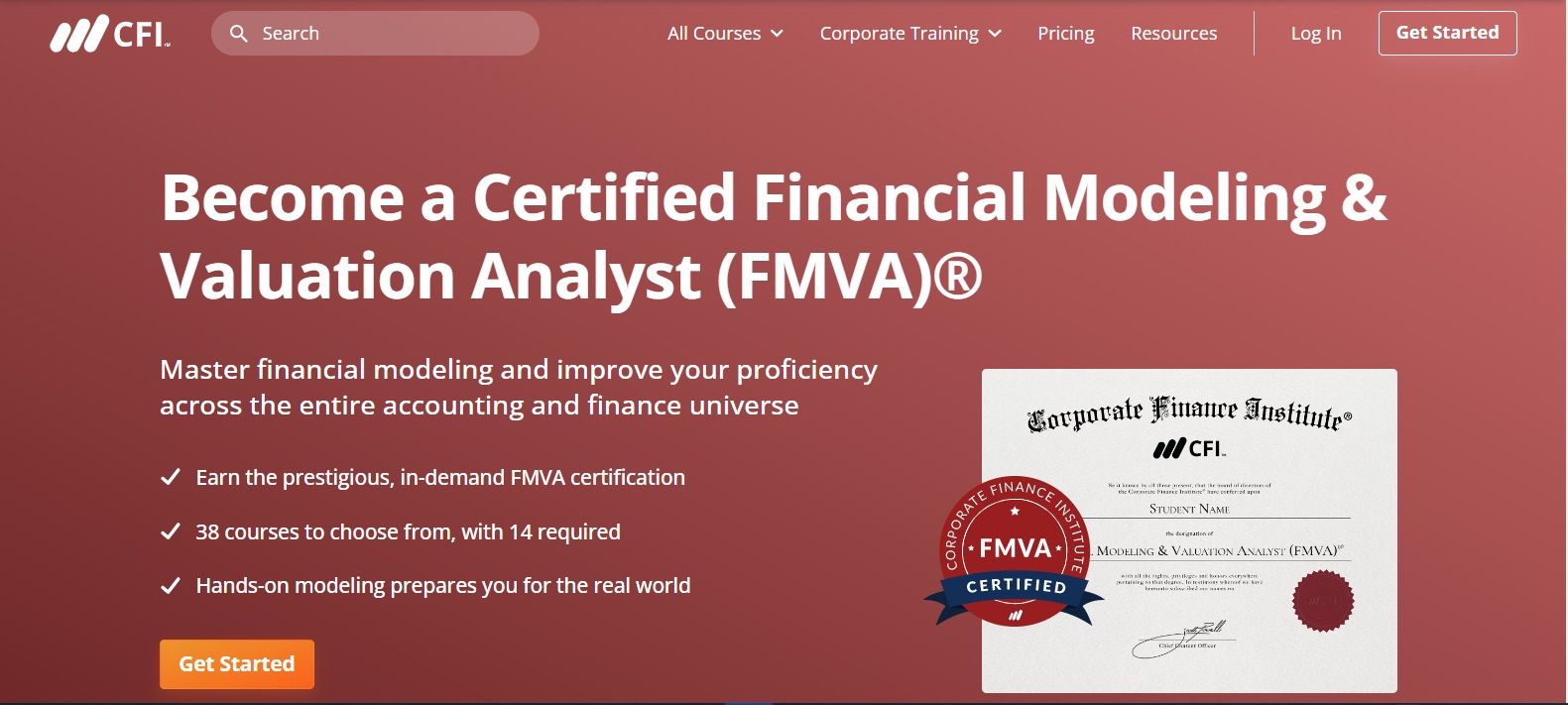The ever-evolving world of business has resulted in great demand for skilled individuals who can analyze financial markets and trends and take calculated steps to steer a company toward financial growth. As a result, financial analysts' services are of tremendous importance in every business.
Hence, becoming a financial analyst is a great way to contribute to improved financial gains and a company's upward movement in its industry. In this article, you will learn key steps you can take to become a financial analyst.
Who Is a Financial Analyst?
A financial analyst gathers data about the finances of a business, examines the data, and interprets it to provide an accurate report of the financial state of a business and an outlook into opportunities for financial growth.
In addition, financial analysts examine and look for market trends. Hence, they are better equipped with the knowledge to proffer financial insights to a company. These professionals also analyze a company's marketing strategy and its financial implications and determine if it is worth its financial investment.
Having seen the importance of a financial analyst in the growth and success of companies and businesses today, becoming a financial analyst is a wise career choice. According to the Bureau of Labor and Statistics, the demand for financial analysts will grow by 9% between 2021 and 2031. And as of 2022, a financial analyst's salary was $71,000 annually, according to Indeed, with the potential to earn more, especially with the big Wall Street firms.
However, becoming a financial analyst involves several things, and we have broken these into steps that can work for most individuals within and outside the financial services industry. Here is how you can start your financial analyst career journey.
1. Enroll in Online Financial Analysis Programs and Courses
Online courses and programs are a quick way to gain the relevant knowledge to kick-start your career as a financial analyst. These courses are tremendously helpful to individuals who want to launch their careers as quickly as possible while learning to use industry-accepted tools and skillsets.
You can complete online courses from the comfort of your home and get the knowledge and skills you need to be regarded as a financial analyst. Below are several of the best online courses you can take to learn the ins and outs of financial analysis.
- The Complete Financial Analyst Course 2022 - Udemy
- The Language and Tools of Financial Analysis - The University of Melbourne - Coursera
- Valuation and Financial Analysis For Startups Specialization - Yonsei University - Coursera
- Financial Modeling & Valuation Analyst (FMVA)® Certification Program - Corporate Finance Institute
2. Get a College Degree in Economics, Accounting, or Finance
While online courses and programs can get you started as a professional financial analyst, you may want to get a college degree in finance-related subjects, like economics, business management, or corporate finance. A degree in finance-related disciplines will provide you with invaluable knowledge of the financial industry and its guiding principles.
Furthermore, a degree increases your marketability and chances of landing senior roles. As with any other profession, obtaining a degree sets you on the path to building a solid professional career with reputable financial institutions and other organizations.
3. Obtain Professional Certifications From Industry Providers
Professional certifications help you to stand out from the fierce competition in the finance labor market. They can also boost your career by teaching you industry best practices and keeping you in touch with the latest information, trends, skills, and tools for success and relevance in your field.
You can acquire certifications by paying for professional courses, attending training and workshops, and sitting for professional exams. On top of that, they are especially important if you want to land a top remote job or gain the upper hand when applying for freelance opportunities.
4. Apply for Internships and Jobs
After acquiring the necessary education and certifications, you are now ready to take up roles as a financial analyst. Apply for internships to gain experience working with financial analysis tools and industry best practices. The experience you gain in junior roles will stand you in good stead, and you can comfortably apply for and take on bigger roles as a financial analyst.
Moreover, when applying for opportunities in the financial market, you must know how to write a winning resume to improve your chances of being selected. Regularly update your resume with recent certifications, educational qualifications, technical skills, and experience. However, there are things you do not need to include in your resume. Avoid them and only put what is necessary.
5. Network Extensively
One easy way to get acquainted with the finance industry is to network with professionals in the industry. Find finance-related communities and register as a member. Network, learn, and contribute your ideas to the community.
Also, you can use LinkedIn and other LinkedIn alternatives for career networking. Asides from the opportunity to learn from experts in the field, networking can help you easily get job opportunities and land one. Therefore, you must learn how to network effectively, which is essential for success in your profession as a financial analyst.
Become a Financial Analyst Today
If you are ready to contribute to developing the business landscape as a financial analyst, follow the steps in this article, and you'll be on your way to building a successful and fulfilling financial analyst career. Conversely, data analysis is a broader field that allows you to contribute to industries other than finance, and you may want to explore it too.


.jpeg)

